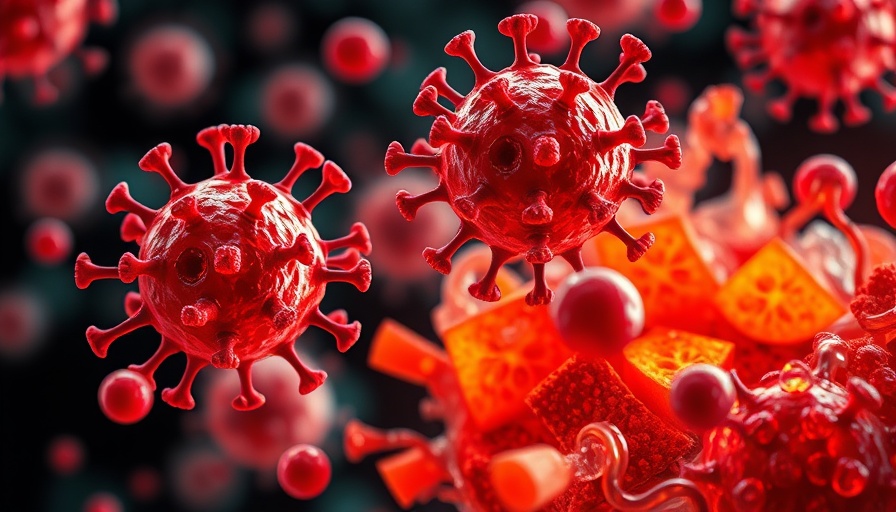
The Alarming Link Between High-Fat Diets and Cancer Spread
In recent years, dietary choices have become a focal point of scientific scrutiny, particularly regarding their influence on health. One alarming revelation depicts that high-fat diets may significantly fuel the spread of cancer in the body. This connection between nutrition and illness underscores an essential aspect of public health: the interfaces between the foods we consume and our overall well-being.
Understanding the Relationship: How High-Fat Diets Impact Cancer
Beyond mere dietary preferences, recent scientific studies have illustrated that high-fat diets may alter how cancer cells proliferate and spread in the body.
Research has shown that diets rich in fats can lead to changes in metabolic processes that favor malignancy. For instance, high-fat diets can increase inflammation in tissues, a factor known to promote tumor growth. With these alarming insights, it becomes critical for health advocates to inform the public about what they consume daily and its potential long-term impacts on health.
What Do Experts Say? Insights from the Science Community
Experts emphasize the importance of considering the balance of macronutrients in one’s diet. Health professionals recommend incorporating a wide variety of food groups, including fresh fruits and vegetables, whole grains, and lean proteins. Such a balanced diet not only helps manage weight but also may reduce the risk of various chronic diseases, including cancer.
Moreover, many nutritionists advocate for whole-food sources of fats, such as avocados and nuts, over processed fats found in fast foods. This minor shift in dietary habits can be life-changing and transformative, eliciting better health outcomes for individuals.
Real-Life Implications: A Broader Perspective
The connection between diet and cancer extends beyond individual health choices, affecting communities at large. Access to nutrient-dense foods remains a critical issue, with many underserved populations facing barriers to healthy eating.
More alarming is the fact that those in lower socioeconomic brackets may unknowingly gravitate towards high-fat, low-nutrient foods due to cost and accessibility, which can compound health disparities. By amplifying resources that promote education around healthy eating and providing support for access to fresh produce, communities can work together towards healthier futures.
Finding Hope Through Education and Action
Understanding the science behind nutrition allows individuals to make informed choices about their health. Through education initiatives and community outreach, people can effectively advocate for dietary changes that may help reduce cancer risks. As we become more knowledgeable, we can convey these lessons to others, fostering an environment where health and wellness are prioritized.
Ultimately, we all possess the power to influence our health through the choices we make daily. By opting for balanced diets filled with wholesome, nutrient-rich foods, we not only strengthen our resilience against diseases but also pave the way for healthier communities.
 Add Row
Add Row  Add
Add 



 Add Row
Add Row  Add
Add 

Write A Comment